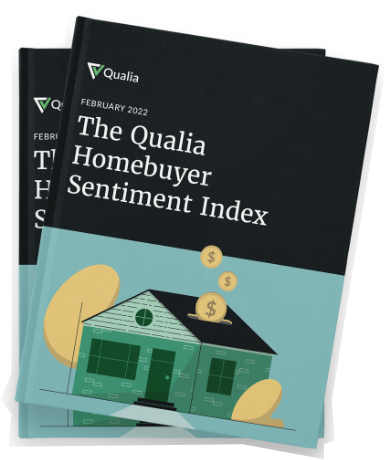Net operating income (NOI) can be calculated using the widely accepted method: Adding your rental income and any additional property-related income, then subtracting vacancy losses and total operating expenses for your investment property.
It’s important to remember that the formula for calculating net operating income can differ depending on who’s doing it.
When it comes to potential rental income, most investors segregate it from other sources of income, but you’ll occasionally see them mixed.
Whatever your net operating income formula, it’s based on your rental income and other necessary parameters.
The Formula for Operating Profitability
The procedure for calculating NOI is:
Rental income + Other Income – Vacancy Losses – Total Operating Expenses = Net Operating Income (NOI).
With this information, you can calculate the net profit from any property. Additionally, you must consider the loss of vacancies due to unoccupied apartments or renters who are not paying their rent.
All you need are three essential parameters to calculate your NOI:
1. Property Rental Income (PRI) Possibilities
When the property is fully occupied, it is the sum of the monthly rents from each residential or business lease.
Based on rental market analysis, the amount of PRI for a property that is not fully occupied is calculated using comparable properties’ leases and clauses.
2. Investment Property Vacancy Losses
Vacancy losses are the amount of money a property owner loses when tenants move out or don’t pay their rent. Current lease expirations can be used to compute the vacancy factor.
The NOI of a property can also be calculated using market-driven data based on similar property vacancies. All you need to do is calculate the vacancy loss by multiplying the potential rental income by the number of months it was not occupied throughout the year.
3. Other Sources of Income and Loss from a Rental Property
Due to the wide variety of revenue streams a property might produce, investors in real estate must account for all of these sources and the monthly rent.
In addition to facility rental proceeds, vending machine proceeds, laundry service proceeds, parking fees, money generated by billboards, and other related service costs, these additional revenues include:
The total cost of owning and operating a rental property: The total cost of operating and maintaining an investment property comprises all associated fees. All operational expenses, including taxes, maintenance, and management fees, can be added to the overall operating costs.
Operating costs typically include the following: You may be required to pay various taxes based on your property’s location, value, and size. In the event of damage, theft, or other risks, such as those caused by weather, rental property insurance can assist you in protecting your investment. Fees imposed by a property manager or management business can range from 8% of the gross monthly rent collected for an investment property to over 25% for a vacation rental property.
Maintenance and Repairs: These include pest management, painting, and grass care, as well as any repairs that may be required. Annual maintenance costs should be no more than 1% of the home’s worth. Legal fees, marketing, advertising costs, and any other costs associated with the operation of the property that do not fit under another category are miscellaneous expenses.
Non-Operational Indirect Costs (NOIC)
When calculating net operating income, it is crucial to remember that depreciation, leasing fees, tenant upgrades, cosmetic upgrades, income taxes, and mortgage interest charges are not included. This is because NOI is specific to the property and does not consider the investor’s or borrower’s expenses.
When you understand your NOI and calculation, you are more aptly positioned to handle all potential vacancy losses and other financial struggles.




